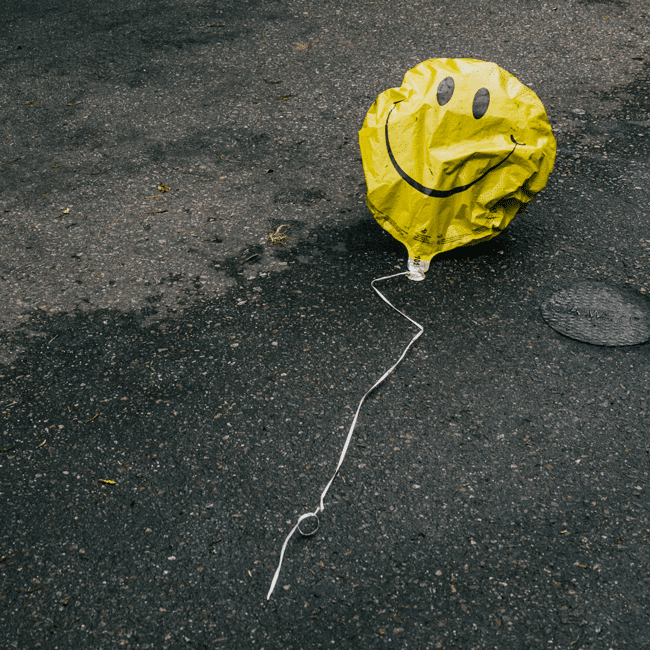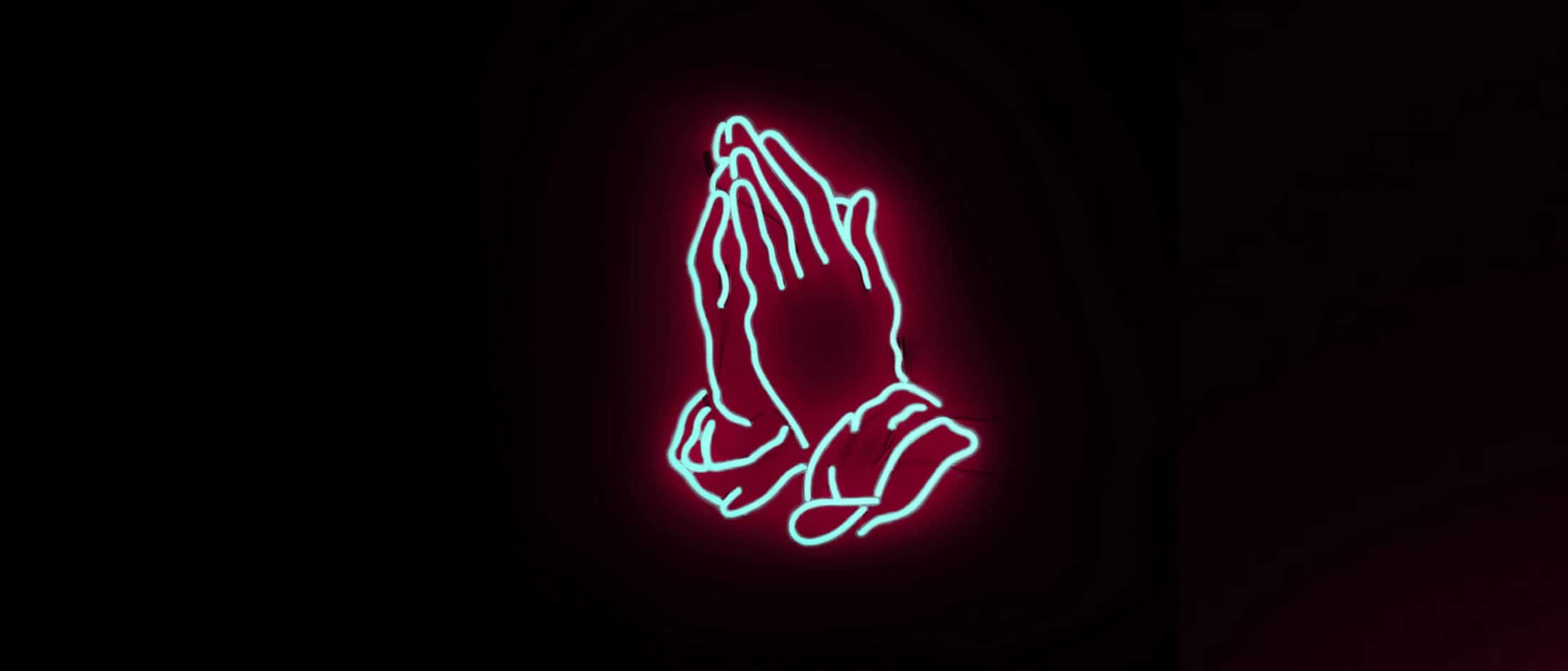
Breaking news: Why it’s OK to tune out of the news
Opinion + AnalysisRelationships
BY Dr Tim Dean 1 SEP 2022
News is designed to grab your attention but not all of it is relevant to your life. The good news is you needn’t feel guilty for tuning out of news that makes you sad or angry and is out of your power to influence.
Two stories appear on your favourite news website. The first is about an adorable half-tonne walrus named Freya being euthanised in Norway because gormless onlookers refused to heed government advice to keep their distance.
The second covers China’s central bank cutting interest rates to stimulate growth while most other wealthy nations around the world are raising them to fight inflation.
Which of these stories grabs your attention the most? Which are you most likely to click on?
If you answered the first, then you’re not alone. In fact, the ‘popular right now’ lists on most news websites show that rogue wildlife invading metropolitan areas easily outrank stories speculating on China’s economic health.
But which most affects your life?
Even if you happened to be in Norway during the Freya saga, the news would be unlikely to impact your day-to-day goings on (unless it was a warning to steer clear of the beast). On the other hand, if China slips into recession, it could alter the global financial and geopolitical landscape, impacting everything from grocery prices to the prospect of war in Taiwan.
I’m not intending to shame you for clicking on the more sensationalist story. I did. We are only human, and Freya’s story pushes emotional buttons of care for native wildlife as well as outrage directed at the twits whose desire for a selfie caused the death of an innocent animal.
But what are we looking for when we switch on the radio or swipe that phone screen? What really is ‘news’? Through our cumulative clicks on news stories, what are we asking media outlets for? And is what we’re asking for doing us any good?
When we click on a story about horrific crime, a child abduction, a fatal shark attack or one of the countless stories about celebrity dalliances, what does it tell us about the world? Probably not much. In fact, these stories probably do more to distort our understanding of the world rather than clarifying it.
Horrific crimes do happen, but a lot less frequently than we might think. Child abductions by strangers are incredibly rare (that’s what makes them newsworthy when they happen). Shark attacks do happen, but you’re more likely to be injured driving to the beach than you are by in the toothy maw of a cartilaginous fish. And when it comes to celebrities, no-one is surprised that high status individuals living in a wealth and fame bubble behave just like us, only more so.
The deeper impact of news like this is that it normalises an abnormal image of the world, one coloured by our natural fascination with violence, tragedy, mortality, injustice, sexual indiscretion and scandal. Many of these things make the news because they’re exceptional in the modern world; it’s precisely because our society is more peaceful and stable than at just about any point in history that conflict and instability stand out.
But through constant exposure to the exceptional through news headlines, it eventually becomes normal. Studies have shown that Australians consistently overestimate the levels of violent crime in their neighbourhoods, due at least in part to the way crime, conflict and injustice are reported but lawfulness, peace and justice are not.
The torrent of sensational news also comes at an emotional cost, especially when we’re confronted with a daily litany of injustices from around the world. We are naturally inclined to experience outrage when we hear about how women are mistreated in Afghanistan, about civilians being killed in Ukraine or another mass shooting in school in the United States, and this outrage motivates us to take action to rectify it. But the simple fact is that we have limited power to act on most of the injustices that we encounter in the news. Mass media has expanded our sphere of perception to be global but our sphere of influence remains largely local.
This, in turn, can inspire feelings of disempowerment and hopelessness. And it can encourage us to seek to regain our sense of agency wherever we can. However, it’s far easier to regain a sense of agency, such as by complaining or calling people out on social media, than it is to have power over grand or distant events. Social media can make us feel like we’re doing something, like we’re fighting back against injustice, but much of that is illusory. Often all we’re doing is sharing the injustices around, getting other people outraged and further eroding their sense of agency.
Life is cacophonous. News is supposed to filter out the noise and reveal what is important, relevant and impactful so we can focus our attention on what really matters. But news has descended into its own form of cacophony. We often fall back on our gut to sense what is important, but our gut is far from impartial.
The point is not to stop engaging with the news. It’s not to blame ourselves or others for being human. It’s to remember that the news isn’t always healthy. It isn’t always relevant. It doesn’t always reveal the whole of the world as it really is.
The good news is we do retain some control, and we have some responsibility over what we choose to view, which outlets to follow, which stories to click on, which ones to share. It takes some discipline, but that’s what living ethically means: cultivating the discipline to do what’s right, not just what’s easy.
Sometimes it means choosing not to engage with certain news. We shouldn’t feel guilty about that. We can pick our battles and choose where to invest our emotional energy. If we choose wisely, we can engage with the portions of the world over which we have greater influence and actually change it for the better.
We might still click on that story about a rogue walrus being killed because of inconsiderate onlookers or be amused by the latest celebrity scandal, but we can also remain wise enough to know that these do not reflect the world as it is, only the world as it appears through the imperfect filter of the news.
Ethics in your inbox.
Get the latest inspiration, intelligence, events & more.
By signing up you agree to our privacy policy
You might be interested in…
Opinion + Analysis
Relationships, Society + Culture
A parade of vices: Which Succession horror story are you?
Opinion + Analysis
Relationships
The niceness trap: Why you mustn’t be too nice
Opinion + Analysis
Politics + Human Rights, Relationships
When human rights complicate religious freedom and secular law
Opinion + Analysis
Politics + Human Rights, Relationships




